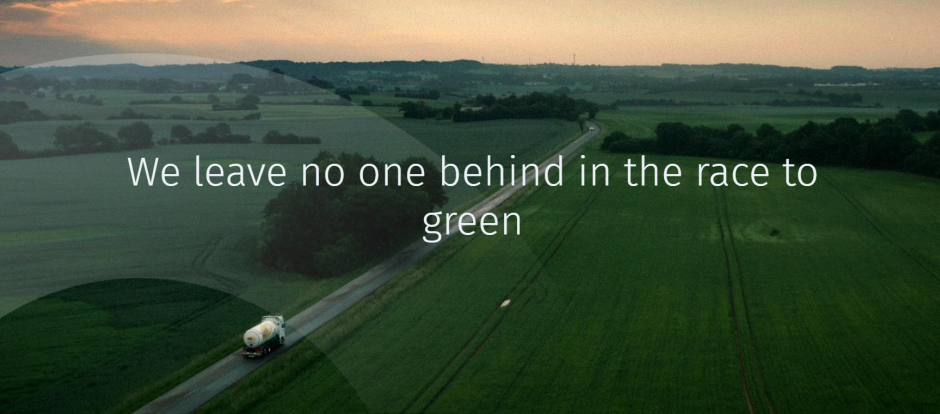T: 01822 851370 E: [email protected]
Visit RSN Survey about life in rural England to find out more.
Rural communities and their challenges for reaching net zero
How renewable liquid gas presents an affordable heating solution for off-grid homes and businesses
The UK’s rural communities include around 2 million homes that are off-grid, so rely on alternate fuel sources for their heating systems that would otherwise rely on gas from the national grid. This group includes some of the country’s oldest buildings, constructed using materials and methods that make modifications challenging. This has left many of them unsuitable for the more mainstream renewable heating technologies, such as heat pumps, due to high installation costs. For these properties in this ‘hardest-to-treat’ category, renewable liquid gas presents an ideal solution.
Around 10% of hardest-to-treat homes are heated with liquified petroleum gas (LPG) which is a low-carbon off-grid energy solution. As the LPG industry moves towards renewable alternatives of liquid gas, bio-liquefied petroleum gas (or bioLPG) and renewable dimethyl ether (or rDME) are emerging as the most suitable options for this transition. These can be utilised as a drop-in fuel replacement for rural homes and businesses, requiring no change to existing physical infrastructure, and used within larger commercial and industrial applications that require open flames and are therefore not suitable for electrification.
AvantiGas, and its parent company UGI, are actively investing in the development and production of renewable liquid gases to ensure that no-one is left behind in the green transition. These projects are critical milestones in the journey to developing the production capacity of low-carbon sustainable liquid fuels that will be essential for the decarbonisation of some of the hardest-to-treat buildings and heating applications off the gas grid in a cost-effective way. What is needed, though, is the development of a level playing field so that those homes and businesses located off the gas grid, where renewable liquid gas presents a practical solution, are able to access the technology in an affordable way.
To offer these important choices to the UK’s rural communities, bioLPG and rDME needs to be recognised within regulation, support and incentive schemes. This will allow it to be championed by installers, who will then be willing to ensure that it is presented where most suitable and practical. Without this, many rural, off-grid consumers will be left with limited options for how they can be part of the net zero journey, with many of these being either too expensive or not fully suited to their property or business application.
Achieving net zero is a huge challenge, and when it comes to rural communities, the demands on heat and energy solutions are nuanced due to the nature of the locality. To achieve the UK Government’s 2050 net zero ambitions, it is clear that a mixed technology approach is going to be required. Renewable liquid gas presents an affordable, practical and achievable solution, and can play a critical role in an energy transition that is a central part to the country’s future.




